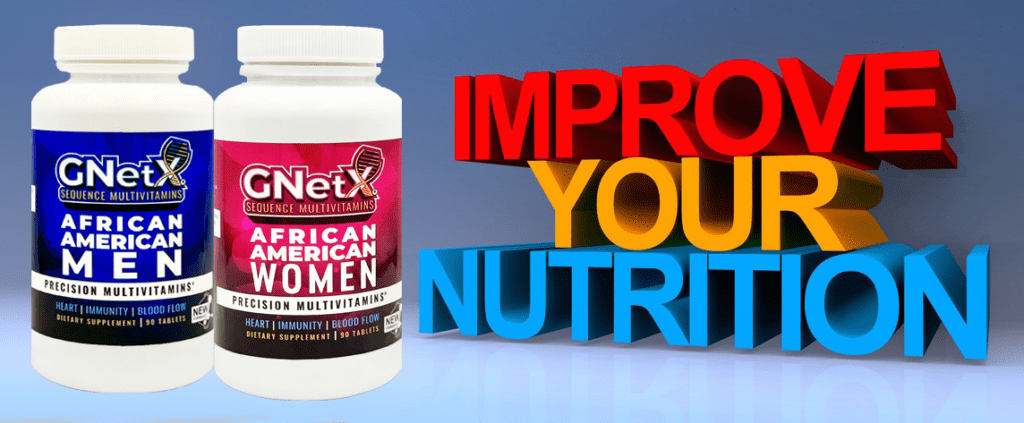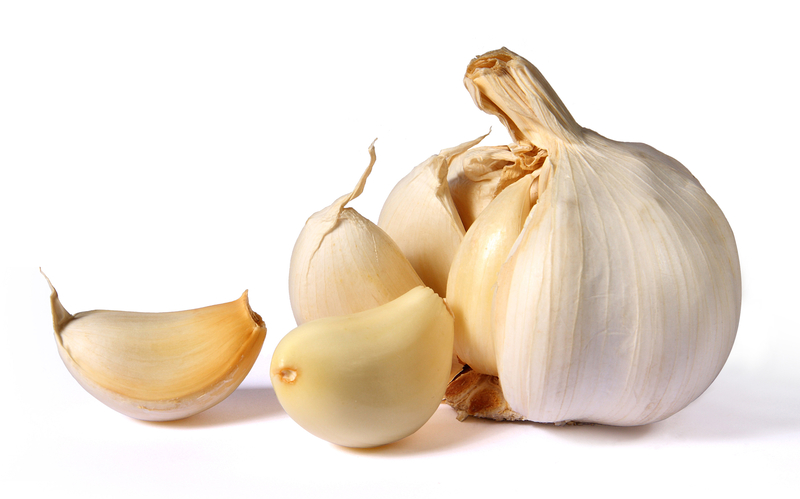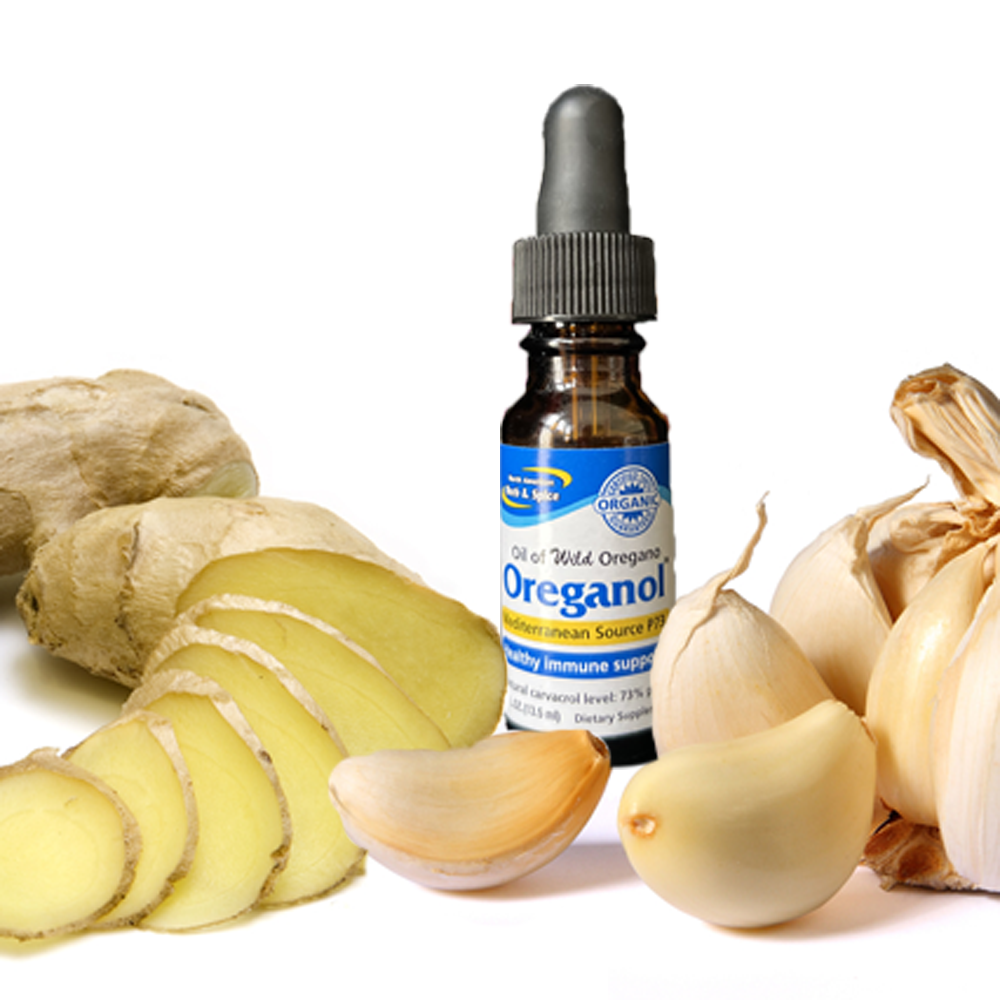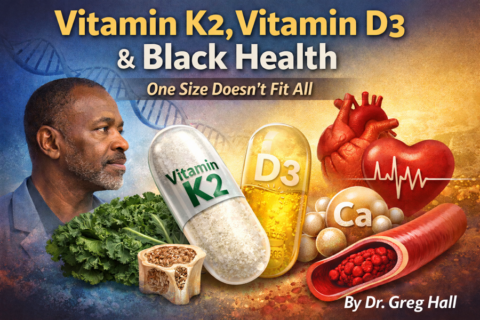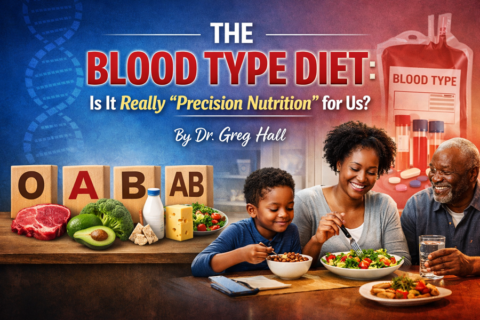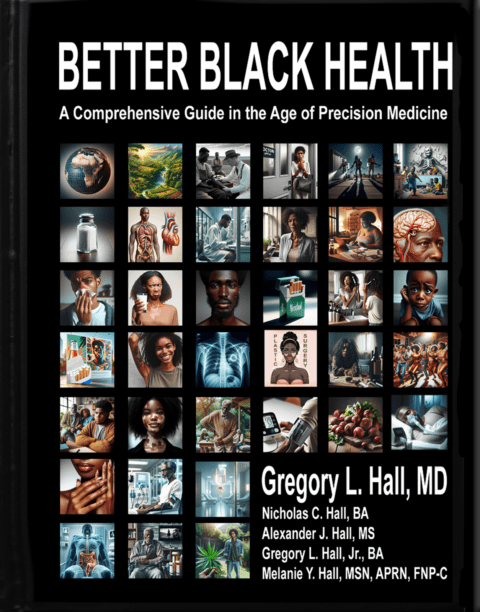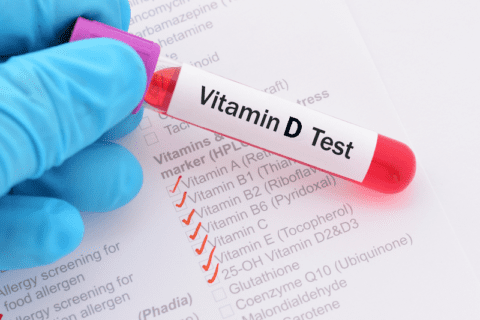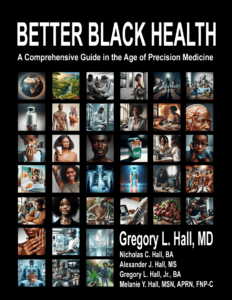My African American patients are always talking about taking garlic rather than starting blood pressure or cholesterol-lowering medications. But what is the truth about the benefits of garlic? And how much should you take?
It is true that garlic health benefits include boosting the immune system, reducing blood pressure, and improving cardiovascular health. Garlic contains compounds that can stimulate the production of white blood cells, which help fight off infections and diseases. It also contains allicin, a sulfur compound that has been shown to lower blood pressure and reduce the risk of heart disease. Additionally, garlic has anti-inflammatory properties that can help reduce inflammation in the body and improve overall cardiovascular health.
ALLISIN
One of the key compounds in garlic that contributes to its health benefits is allicin. Allicin is formed when garlic is crushed or chopped, and it is responsible for the characteristic smell and taste of garlic. Studies have shown that allicin has antimicrobial properties, which can help fight off infections and boost the immune system. It also has antioxidant properties, which can help reduce oxidative stress and inflammation in the body.
LOWER CHOESTEROL?
Research has shown that allicin has the potential to lower cholesterol levels and reduce the risk of certain types of cancer. Allicin has been found to inhibit the growth and spread of cancer cells, making it a promising natural compound for cancer prevention and treatment.
How much garlic to lower cholesterol?
Eating one clove of garlic a day is thought to lower your cholesterol by 10 percent, or about 20 points if your level is near 200. If your cholesterol is really high, you will likely benefit from taking a statin.
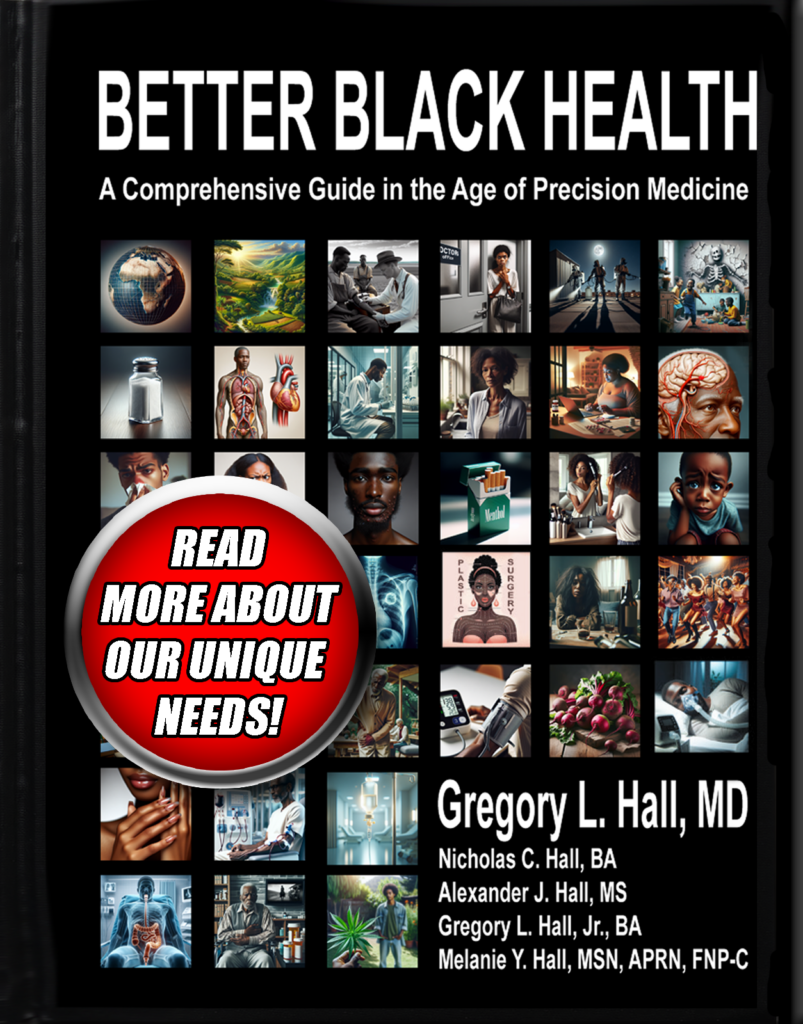
PREVENT CANCER TOO?
Research suggests that garlic may be effective against various types of cancer, including breast, colon, and prostate cancer, all of which are occur often in African Americans. Allicin has been found to inhibit the growth and spread of cancer cells, making it a potential natural treatment option for these diseases.
In addition to inhibiting the growth and spread of cancer cells, allicin has also been shown to induce apoptosis, or programmed cell death, in cancer cells. This means that allicin can help promote the natural death of cancer cells, further contributing to its potential effectiveness in preventing and treating cancer.
HOW MUCH GARLIC SHOULD I TAKE?
It is still unclear how much garlic to take for its anti-cancer effects, but researchers suggest that a daily dose of 3-4 cloves of garlic may be effective. Allicin is also being studied for its potential to prevent and treat other types of illnesses, such as heart disease and high blood pressure.
So let’s be real, if your doctor told you to eat 4 cloves of garlic a day . . . EVERY DAY, would you do it? Probably not, and that may be the reason so many people need blood pressure and cholesterol medicines.
But make no mistake, garlic is good for you!
